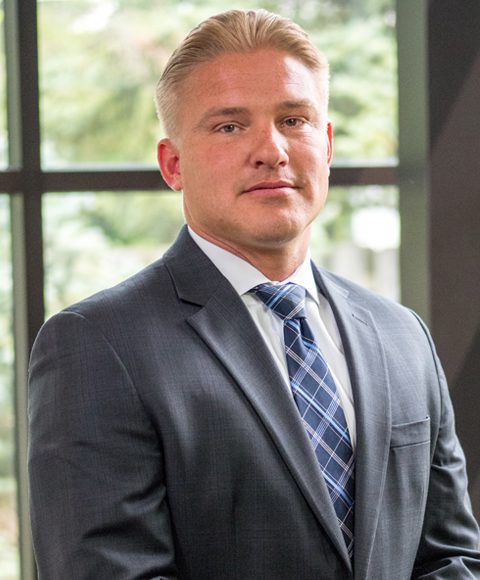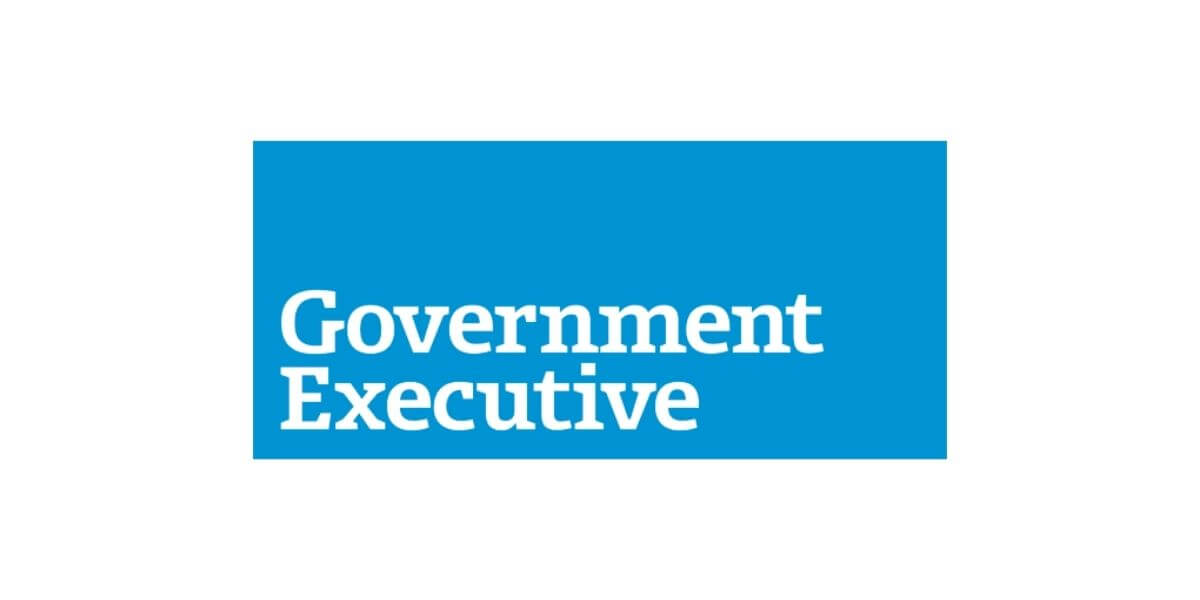Petty and vicious, the revocation of John Brennan’s security clearance by President Trump threatens many more — and much more — than the nine individuals targeted by his enemies list.
In the wake of Trump’s move, the 4 million Americans with security clearances may wonder if expressing their political views could result in similar vengeance.
A tweet from Brennan, a former CIA director, said “This action is part of a broader effort by Mr. Trump to suppress freedom of speech & punish critics. It should gravely worry all Americans, including intelligence professionals, about the cost of speaking out.”
Moreover, Trump’s move demonstrates the reason clear and effective due process rights for federal employees and others are needed to guard against vindictive personnel actions. Trump and other Republicans want authority to fire feds faster by weakening civil service protections.
There is a process for revoking security clearances that does not include presidential tantrums. Part 5 of Executive Order 12968 calls for the clearance holder to be given, among other things, a “comprehensive and detailed written explanation” of the national security interests related to the revocation and “an opportunity to appeal in writing to a high level panel.” The order was signed by Bill Clinton in 1995 and updated by George W. Bush in 2008.
In a critical letter to the White House, Rep. Elijah E. Cummings (Md.), the ranking Democrat on the House Oversight and Government Reform Committee, said it is not clear if Trump followed the executive order in Brennan’s case.
But it is clear political pique is not reason enough.
“The Executive Order does not provide for revoking a security clearance because an individual is a political adversary of the President or for using revocation as a tool for political retribution,” Cummings wrote to John F. Kelly, Trump’s chief of staff.
The White House did not respond to a request for comment about the executive order.
Does a president have unilateral authority to strip one’s clearance?
“There may be no definite answer to this question,” Anthony Kuhn, a security clearance lawyer with Tully Rinckey, said by email. “Some believe the President has the authority over matters of national security, such as this, while others believe his power is limited to what is permitted by Congress and current legislation.”
Would the executive order provisions apply in Brennan’s case?
“If the individual having the clearance revoked does not have a sponsor, has no need-to-know basis,” the protections may not apply, Kuhn added. “Senior members of the intelligence community often maintain their clearance as a courtesy after leaving a position of trust. I am aware of no due process protections that would apply to such an individual if the clearance were to expire or be revoked.”
Christopher Graham, with the Federal Practice Group, said Trump acted within his authority but he confused things by focusing on Brennan’s criticism. Referring to misleading statements Brennan made while in the Obama administration, Graham said Trump “had demonstrative evidence of Brennan’s lies to Congress and spying on Congress, more than adequate to revoke his clearance.”
Because of that, Graham said “this clearance was not revoked for comments but [his] criminal conduct allegations. Thus, I see no precedent as to derogation of First Amendment rights.”
Justifying the clearance revocation on old allegations that Brennan lied is weak and diversionary. If his statement were the issue, Trump could have taken this action when he took office.
Plus, after a Wednesday interview with Trump, the Wall Street Journal reported he “drew a direct connection between the special counsel investigation into alleged Russian interference in the 2016 election and his decision to revoke” Brennan security clearance.
The president said Brennan is among the Obama officials who were responsible for what Trump calls the “rigged witch hunt.” “So I think it’s something that had to be done,” the president said.
But if Trump moves against others whose clearances he said are under review because of their criticisms, Graham acknowledged Trump “will have a problem.” The others are former CIA director Michael V. Hayden, former national security adviser Susan E. Rice, former director of national intelligence James R. Clapper Jr., former FBI deputy director Andrew McCabe, former acting attorney general Sally Q. Yates, former FBI lawyer Lisa Page, former FBI agent Peter Strzok and Justice Department official Bruce Ohr.
Trump’s statement said Brennan’s “unfounded and outrageous allegations — wild outbursts on the Internet and television — about this administration” were among the reasons his clearance was revoked. That’s ironic given the president’s many lies.
Trump cited no national security violation for the revocation, leading Cummings to say the president “has invented an entirely new standard for revoking security clearances.”
“If making ‘outrageous’ statements or engaging in ‘wild outbursts on the Internet and television’ were grounds for denying access to classified information,” Cummings’ letter continued, “many of the President’s top aides — indeed, perhaps even the President himself — would be swept into this unprecedented new category.”





